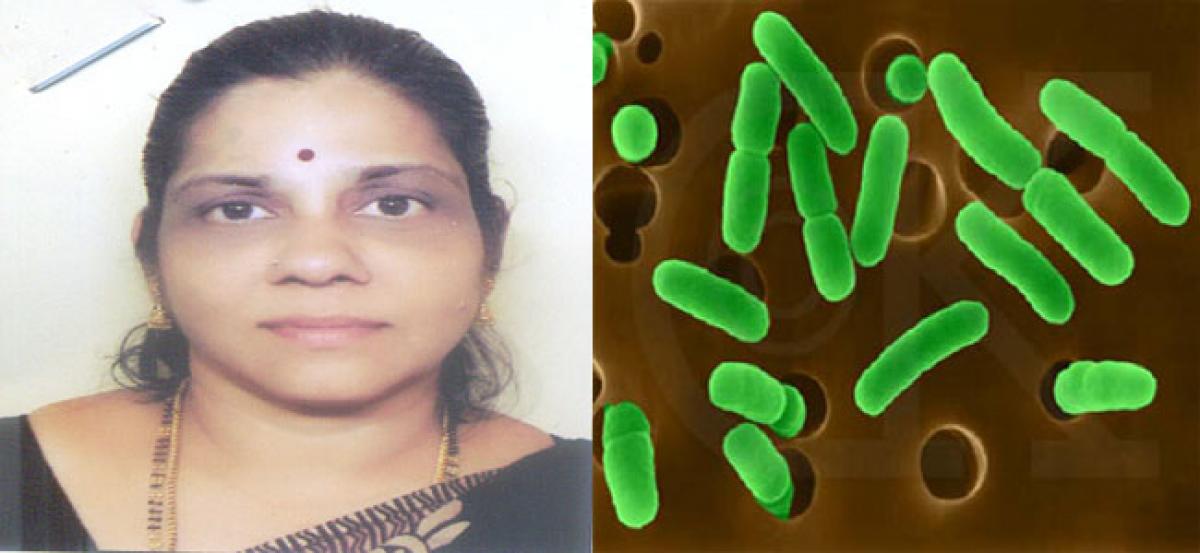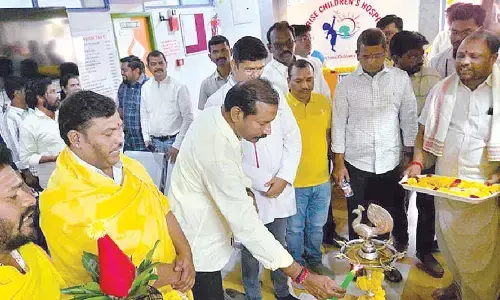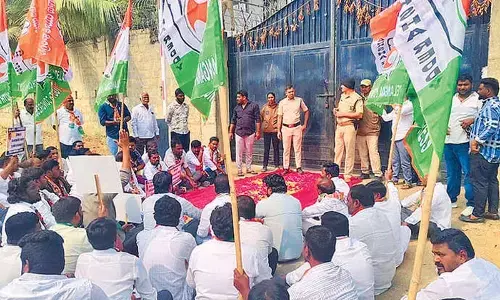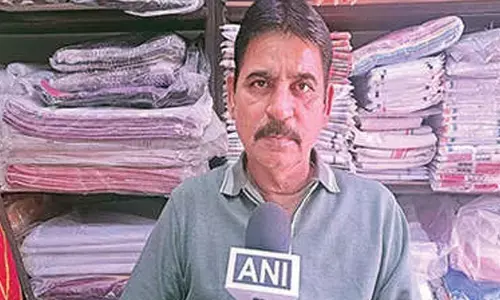Faecal Coli found in groundwater: Study

Industries that were developed for generating employment to the rural youth of backward Srikakulam district and north Andhra in general have polluted the groundwater and open wells, according to a research conducted by research scholar of environmental sciences department S Vijayadurga.
Visakhapatnam: Industries that were developed for generating employment to the rural youth of backward Srikakulam district and north Andhra in general have polluted the groundwater and open wells, according to a research conducted by research scholar of environmental sciences department S Vijayadurga.
Highlights:
- Study is specifically conducted in Pydibhimavaram where bulk drugs, jute, pistons and rings and rubber are located
- Vijayadurga said that physico-chemical and bacteriological characteristics of 14 open wells and 16 tube well samples are analysed from the selected 17 villages
- Samples have been collected seasonally covering three major seasons, summer, winter and monsoons during the study period
- Results are compared with the recommended standards for drinking water of BIS (Bureau of Indian Standards), WHO (World Health Organisation) and ICMR (Indian Council of Medical Research) to know the existing quality of water
Andhra University has awarded Ph d to her on Friday. The study was specifically conducted in Pydibhimavaram where bulk drugs, jute, pistons and rings and rubber were located. Vijayadurga told this correspondent that physico-chemical and bacteriological characteristics of 14 open wells and 16 tube well samples were analysed from the selected 17 villages which include Saragadapeta,Chittivalasa,Pydibhimavaram, Ch Varisam, Varisam, Kandivalasa, Kanimetta, Akkayyapalem, Gollapeta, Mentada, Naruva, Boyapalem, P B Varam, BC Colony, D Palavalasa, M Palavalasa, Sancham, Nelivada in eight km radius from the industrial complex.
Samples have been collected seasonally covering three major seasons, summer, winter and monsoons during the study period. A total of 20 water quality parameters namely pH, conductivity, total dissolved solids, total suspended solids, alkalinity, turbidity, hardness, Ca2+, Mg2+, chlorides, nitrates, K+, fluorides, sulphates, dissolved oxygen, chemical oxygen demand, biological oxygen demand and other components were analysed for three major seasons by the following standard analytical methods of APHA-2005 (American Public Health Association ).
The results were compared with the recommended standards for drinking water of BIS (Bureau of Indian Standards), WHO (World Health Organisation) and ICMR (Indian Council of Medical Research) to know the existing quality of water.
It was observed that the values of pH, total suspended solids, alkalinity, conductivity, nitrates, sulphates, dissolved oxygen and biological oxygen demand were found within the desirable limit in all the samples but parameters like total dissolved solids, turbidity, total hardness, chemical oxygen demand and iron were found above the desirable limit in most of the samples.
Total Coli forms and faecal coli forms are good indicators for the potential contamination of a water source. Total coli forms are used as a general indicator of potential contamination with pathogenic organisms. Faecal coli forms on the other hand, are more specific because they refer to the coli forms that live in the intestinal tract of humans and many other animals.
Throughout the investigation period Total Coli form in open well and tube well water samples recorded maximum value in rainy season and minimum during winter and summer seasons. The water samples of open well and tube well recorded maximum Faecal Coli form bacteria count in rainy and minimum in summer.
Though the water samples are in tolerable limits in terms of physico-chemical characteristics they cannot be considered safe for human consumption according to the water quality index, the scholar said.She said it was evidently proved that there was an ever increasing risk to the drinking water sources from industrial process.
Due to domestic sewage and bad maintenance of environment, both open well and tube well water sources are unsuitable for drinking. Water from these sources can be used for human consumption after proper treatment, Vijayadurga added.

















